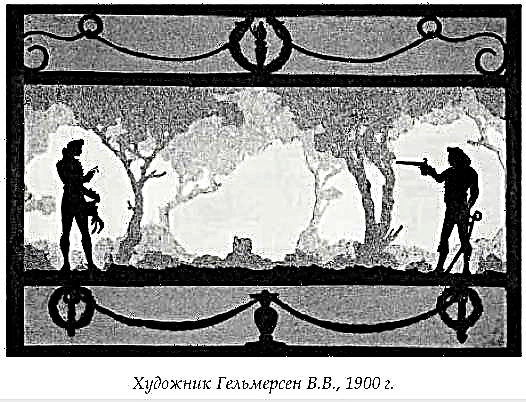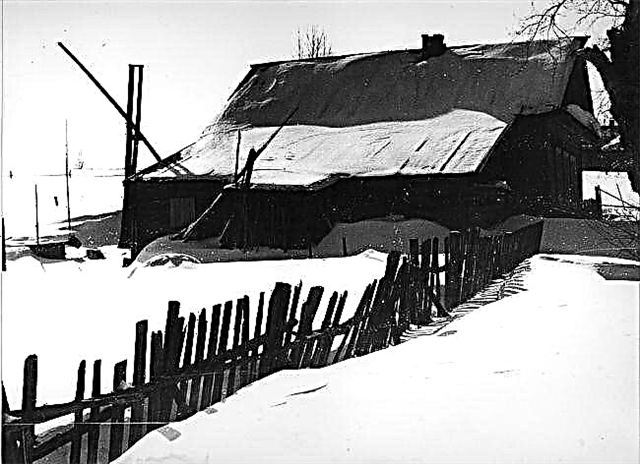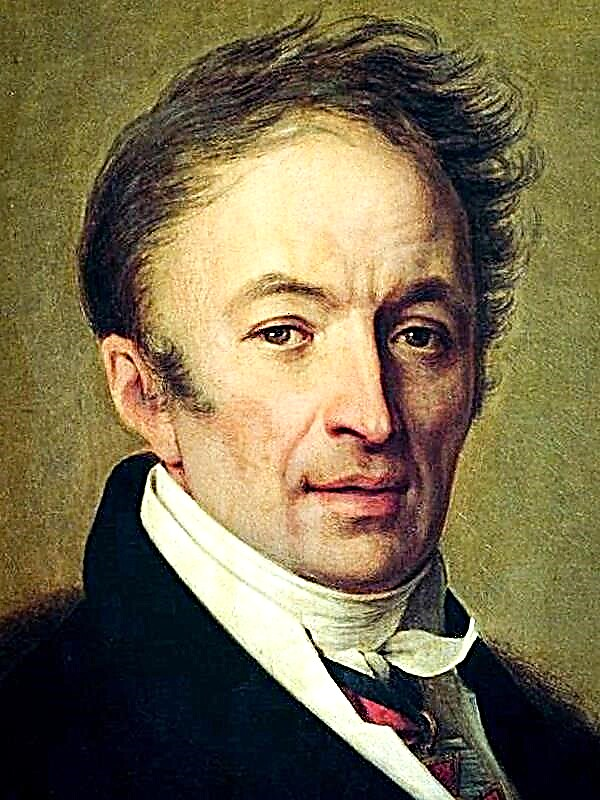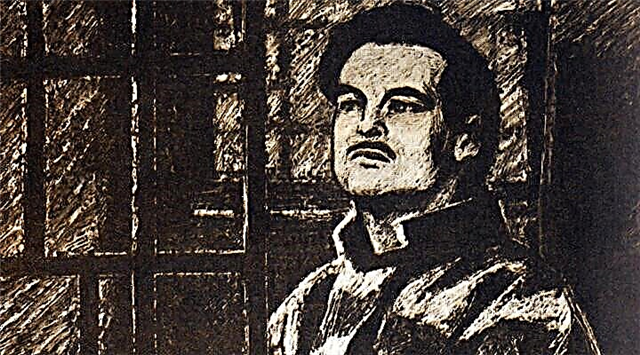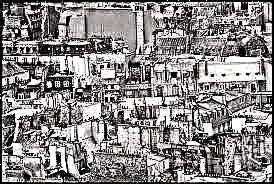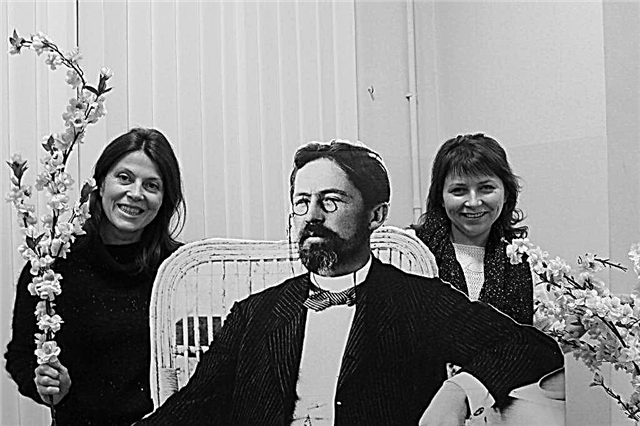Sergei Alexandrovich Yesenin is a Russian poet of the 20th century. He wrote a huge number of poems on various topics. In his lyrics, he often refers to nature. Through her, he describes his inner state. Most of the works are written about nature and the motherland. This work is no exception.
History of creation
The poem refers to the poet's early lyrics. Written in 1910. Then Yesenin was only 15 years old, but he already perfectly felt and understood the world around. A 15-year-old teenager managed to put his soul, his emotions into this poem. The work was written when Sergei Alexandrovich was at home, in the village of Konstantinovo. “It’s evening already”, the poet himself calls the breakdown of the pen, so he did not seek to include it in the collection.
There is an alternative version of the creation, because the author is known for the hoax of his own biography. It is believed that he specifically replaced the date of writing the poem in order to be considered a genius from birth. This fact is confirmed by manuscripts found at his home, in which by the quality of paper and ink one could recognize completely different dates and conditions for writing these, of course, talented lines.
Genre, direction and size
The poem refers to landscape lyrics. Sergey Alexandrovich draws to us an image of nature, conveys her mood and impulses. The rhyme in the poem is cross, not constant. Towards the end of the work, a mixture of cross-rhyming with parallel appears.
The size of the poem can not be attributed to the standard sizes for us, for example, dactyl, iamba, chorea, etc. “It’s already evening” written in double-beat dolnik. The rhyme skips several stressed syllables. Double-hit due to the number of accents per line.
Images and Symbols
The hero in this verse is Yesenin himself. He stands near the willow, watching the landscape. Evening, the moon shines, the nightingale sings. He enjoys the heat accumulated during the day. The author very accurately conveys his mood. The hero is calm and good. Reading this poem, you feel that nature is in harmony with the soul and thoughts of the poet.
A dead beater, a sleepy watchman - all this expresses the silence and peace that appear with the onset of night in the village. They emphasize the contrast with wildlife, which at night as if woke up from a nap. Dew, nightingale, trees, moon give the poem liveliness. They are the image of that very animated nature, while people sleep. The lyrical hero also participates in this triumph of nature and living creatures.
Themes and mood
The main theme is nature. The author accurately and beautifully describes us a calm and beautiful evening. There are no turning points, complex actions - this is the beauty of the poem. This work can be compared with a mug of chamomile tea late in the evening - it is so peaceful and warm.
Also in this text, the theme of the village is traced, which is cross-cutting in Yesenin's work. He sees and feels the beauty of the village, its modest and shy charm, which is revealed only under the cover of night, when the bustle of people does not blur the impression of the splendor of forests, fields and meadows.
Idea
The main idea of the poem “It's Already Evening” is to show how good a person can be from everyday things. Every summer silt spring evening is like one another, but sometimes there are times when you just stop and realize that you are really pleased and good from the world around. Nature lives, you live. In this work, Sergei Alexandrovich captured exactly such a moment that happens to each of us, you just have to stop and notice it.
The point is to express your feelings through rhyme and words. Pleasant sensations from such an evening warm the soul. Yesenin immortalized this moment in his lines. This poem is a pleasure to read while in nature. It captures from the first words.
Means of artistic expression
The poem contains epithets: a sleepy watchman, a dead beater, large candles. The text also contains several comparisons: “It’s nice and warm, like in the winter by the stove”, “and birch trees stand like big candles”.
Syntactic means of expressiveness: inversion (Somewhere in the distance I hear a nightingale song), parcellation (It's already evening. The dew glistens on the nettle).
The text is quite simple, it does not have any complex structures and schemes. It is written musically and easily.



